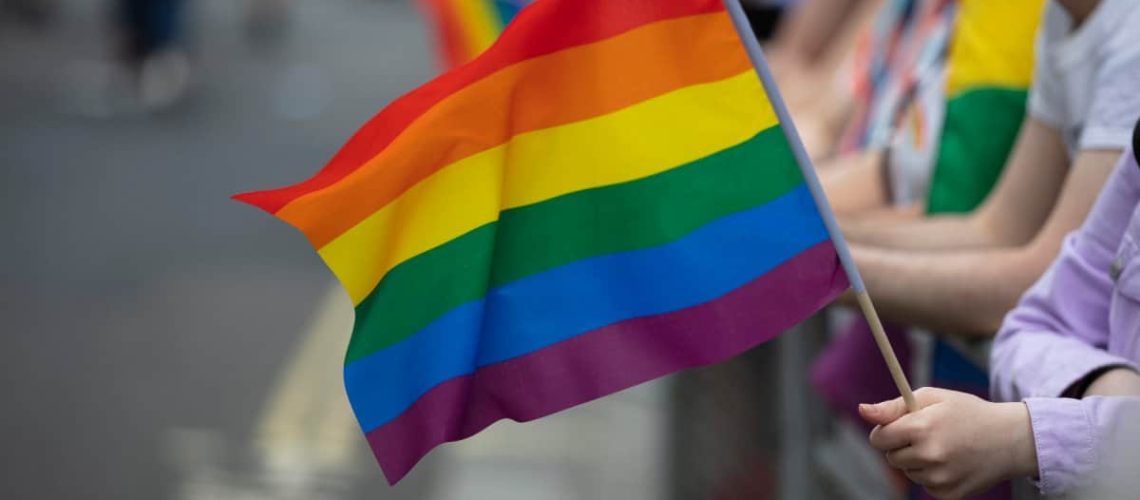Have you ever felt pressured to conform to expectations that don’t feel true to who you really are? Understanding and respecting one’s own gender identity is crucial in navigating a world that often insists on clear-cut labels. What aspects of gender identity empower you to embrace and express your truest self?
1. Defining Gender Identity
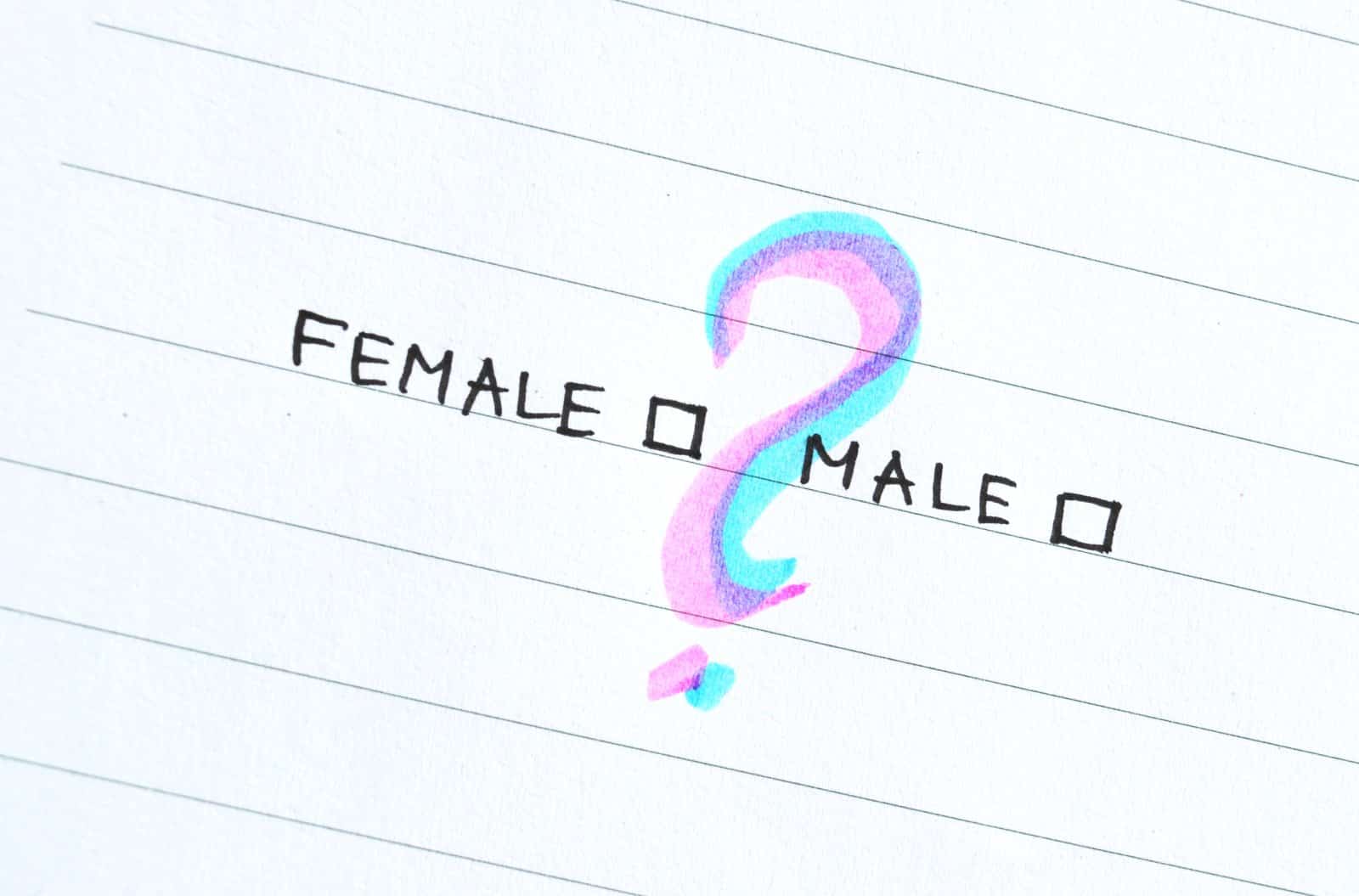
Gender identity is an individual’s personal sense of their gender, which may or may not correspond with the sex assigned at birth. It’s a deeply felt experience of gender, whether that’s male, female, both, neither, or anything else on the vast spectrum.
2. The Right to Self-Identify
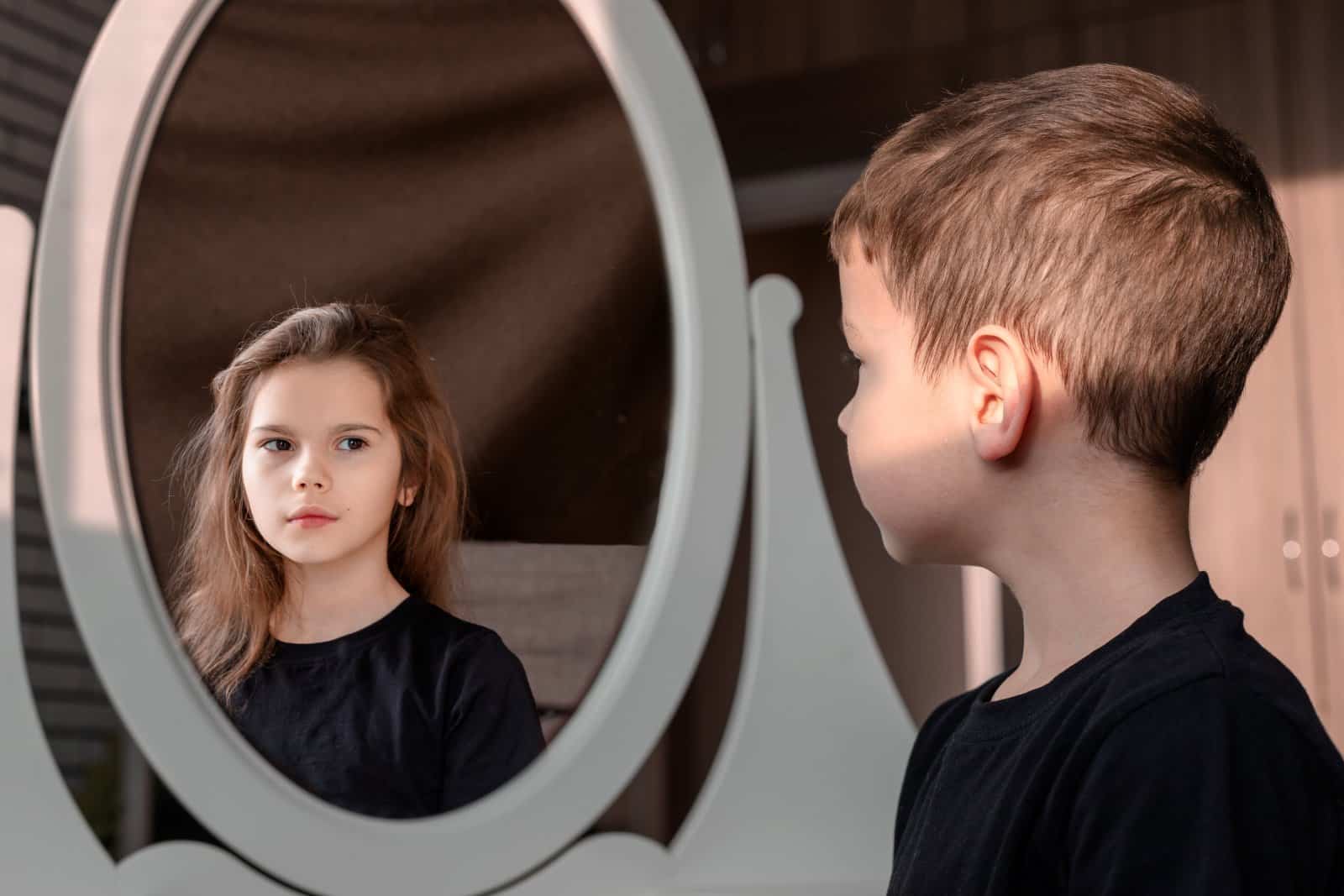
Every person has the fundamental right to self-identify their gender. Self-identification is a declaration of one’s own identity, as seen in progressive policies in nations like Canada, where self-declaration can legally affirm one’s gender.
3. Separation From Sexual Orientation
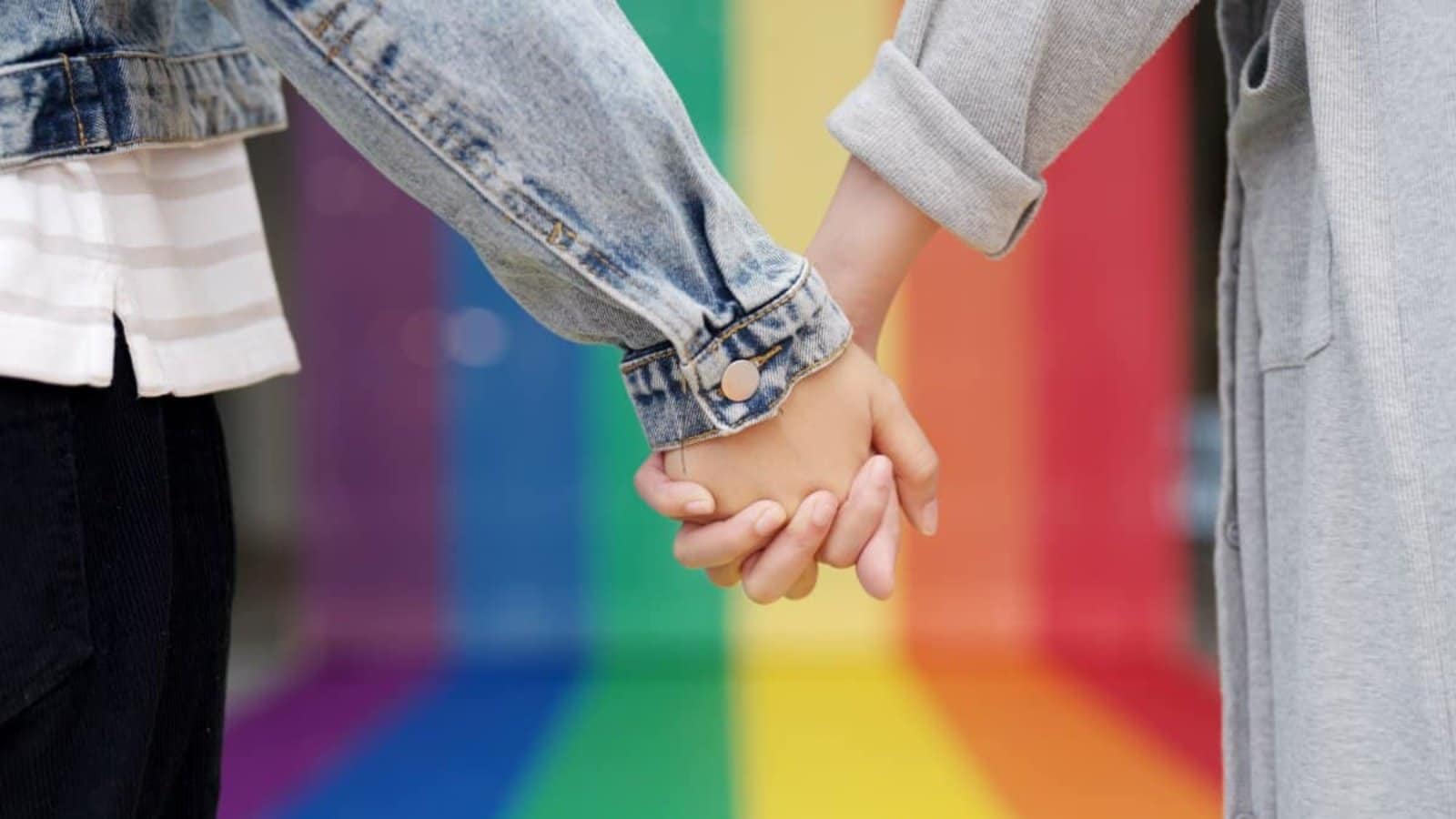
Gender identity is about who you are, while sexual orientation is about who you are attracted to. Mixing these up can lead to misunderstandings about the unique challenges that transgender and non-binary people face.
4. Embracing Non-Binary Identities
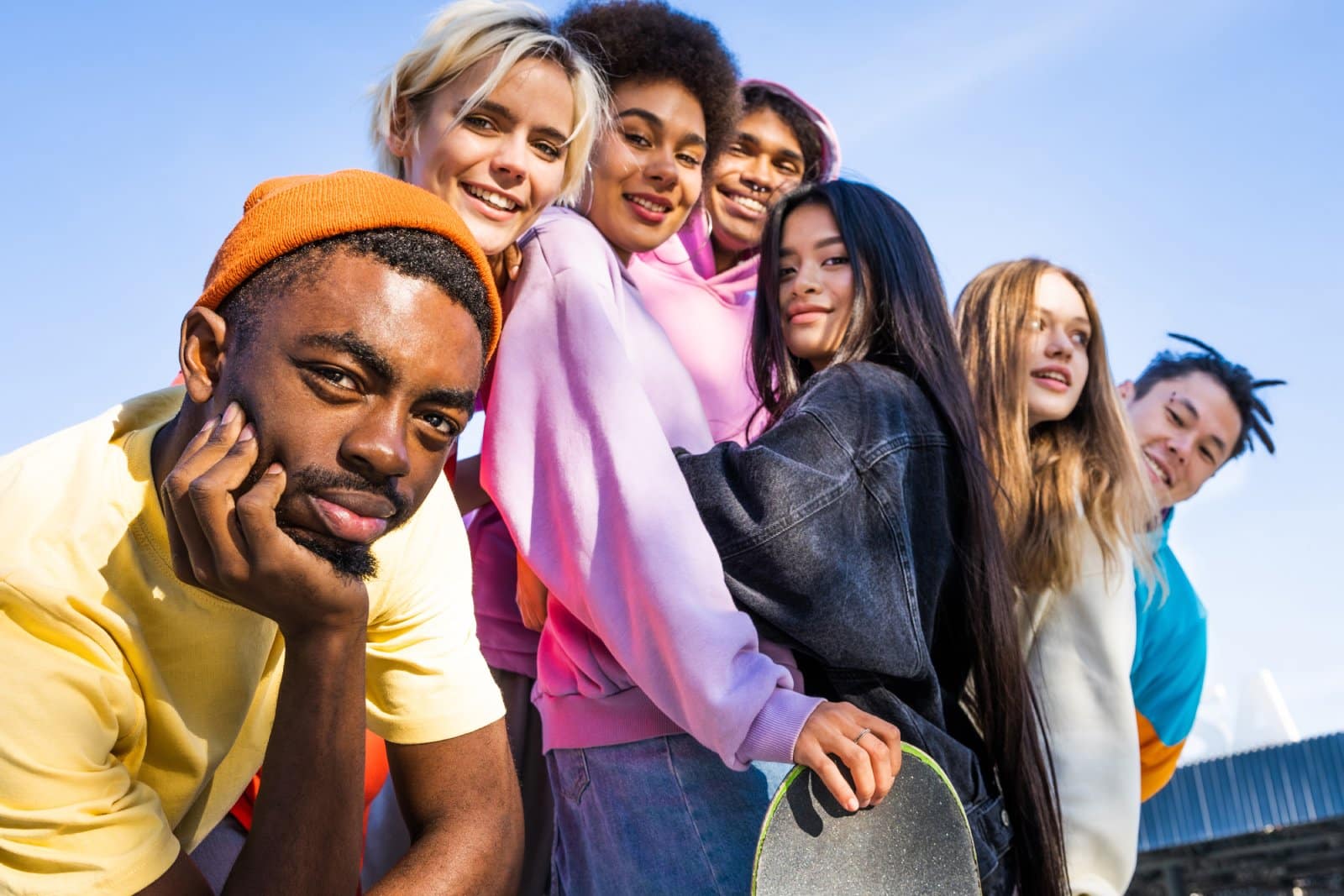
Non-binary or genderqueer identities represent a rejection of the traditional binary notion of gender. These identities, which may combine, move between, or exist beyond the male/female binary, are increasingly recognized in societal and legal contexts.
5. Cultural Recognition of Multiple Genders

Many cultures around the world recognize more than two genders, such as the hijras of South Asia and Two-Spirit people among Indigenous North American communities, acknowledging a richer spectrum of human diversity.
6. Legal Acknowledgment Without Medicalization

Several countries have moved towards allowing individuals to legally recognize their gender through self-identification alone, without requiring medical interventions, which respects individuals’ autonomy over their own identities.
7. Importance of Names and Pronouns
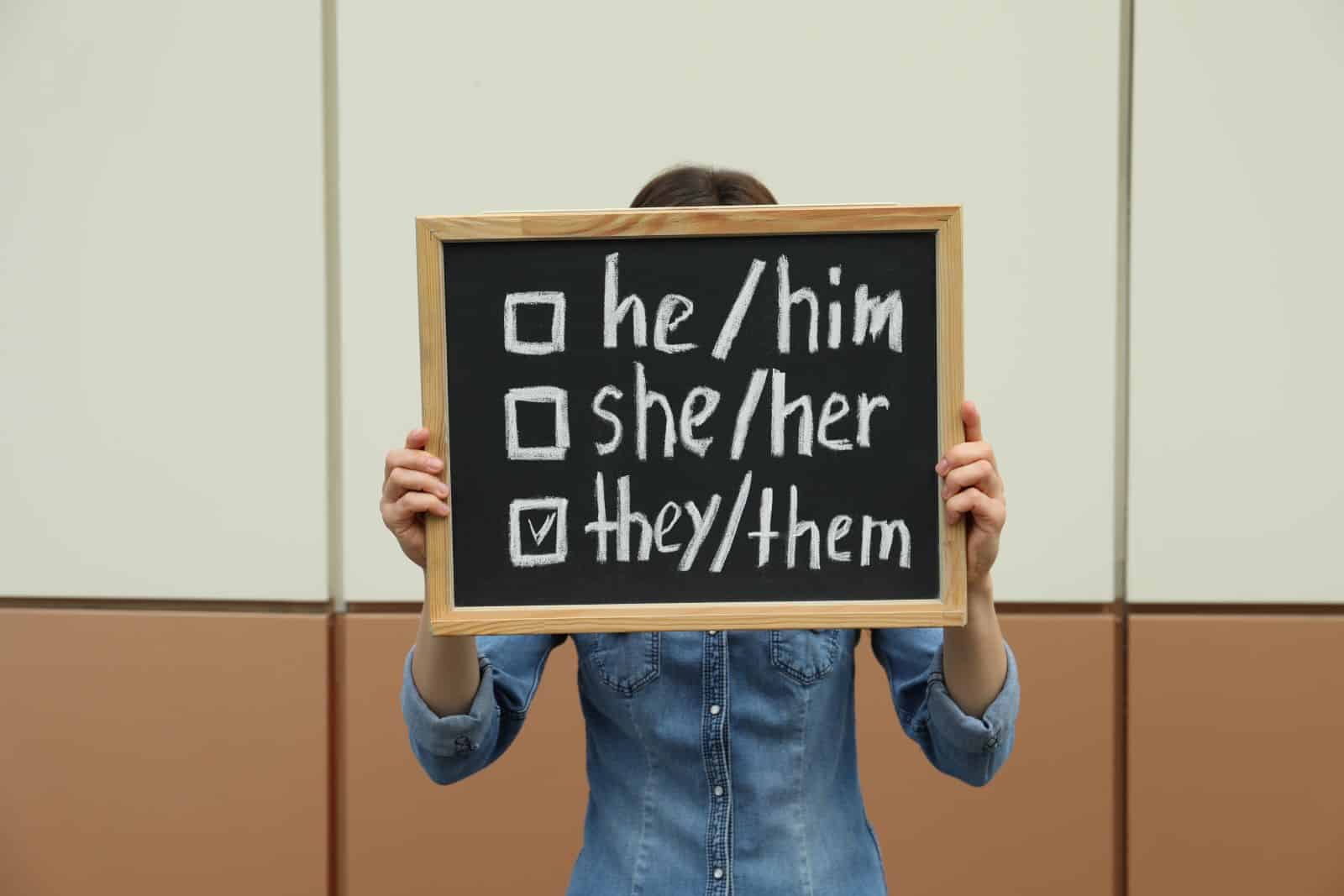
The respectful use of a person’s chosen name and pronouns affirms their gender identity and promotes their well-being. Misgendering can have profound negative psychological impacts.
8. Understanding Gender Dysphoria

Gender dysphoria involves a conflict between a person’s assigned sex and their gender identity. Supportive measures, both social and medical, are crucial for those experiencing dysphoria.
9. The Transition Process
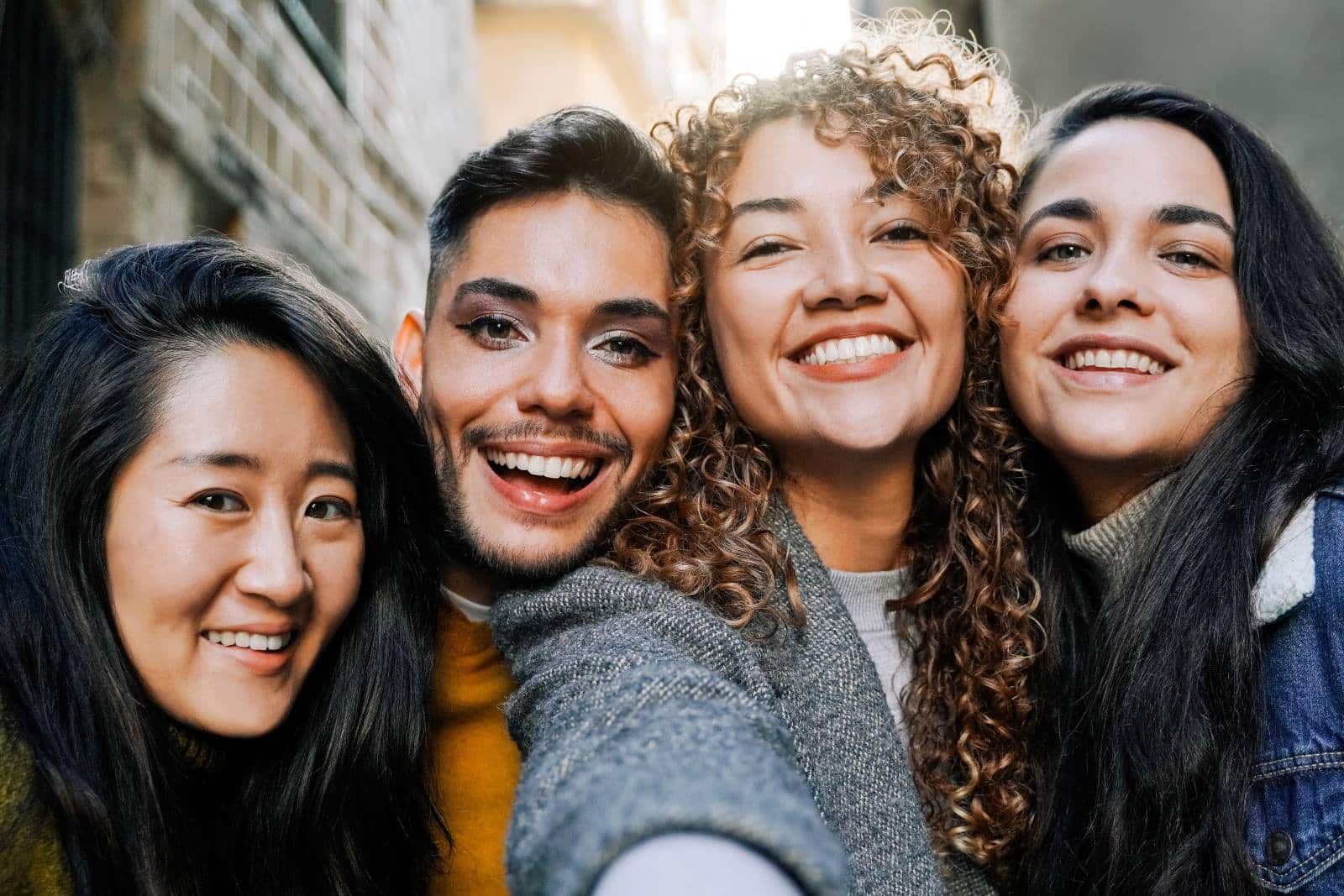
Transitioning can involve changes in personal identification, appearance, and sometimes medical interventions. This process is deeply personal and varies greatly from one person to another.
10. Accessibility of Gender-Affirming Healthcare

Access to healthcare that respects and supports an individual’s gender identity is critical. However, barriers remain in many places, impacting the health and happiness of transgender people.
11. Educational Initiatives on Gender Diversity

Inclusive education about gender diversity can reduce stigma and bullying, fostering a safer environment for all students, particularly those exploring their gender identity.
12. The Reality of Discrimination and Violence

Transgender and non-binary individuals disproportionately face violence and discrimination. Advocacy and legal protections are vital in combating these injustices.
13. The Power of Supportive Environments

Support from family, friends, and community plays a pivotal role in the mental health and overall well-being of individuals expressing diverse gender identities.
14. Visibility Matters

Representation in media, literature, and public life helps normalize diverse gender identities, breaking down myths and stereotypes that can lead to discrimination and exclusion.
15. Economic Challenges

Transgender individuals often face economic hardships and workplace discrimination, highlighting the need for comprehensive non-discrimination policies.
16. Safe Access to Public Spaces
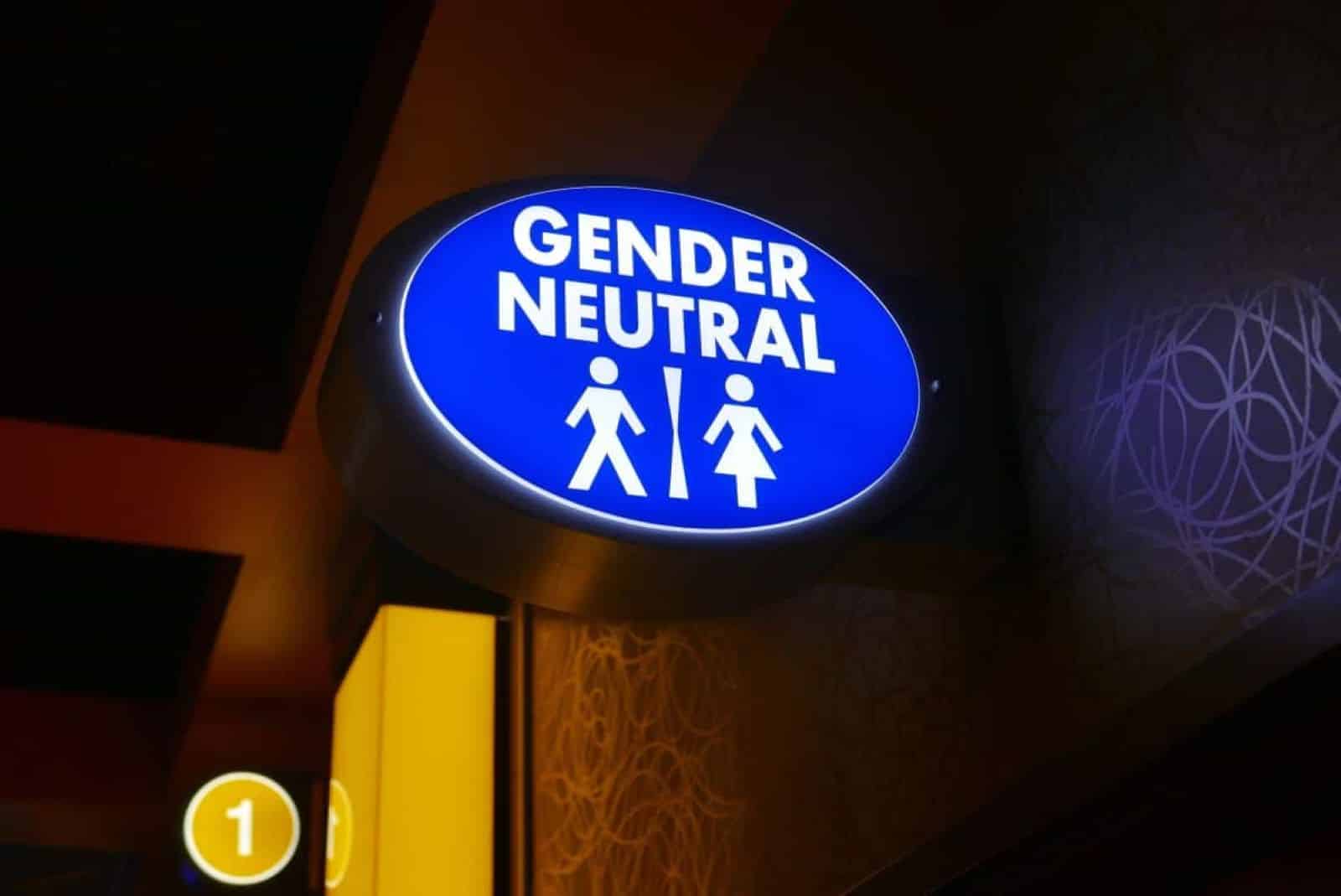
Issues like access to appropriate bathrooms are a significant aspect of public safety and dignity for transgender people, impacting their ability to participate fully in society.
17. Correcting Identity Documents

The ability to update legal documents to reflect one’s true gender identity without extensive barriers is crucial for the daily lives and recognition of transgender people under the law.
18. Rise of Transgender Youth
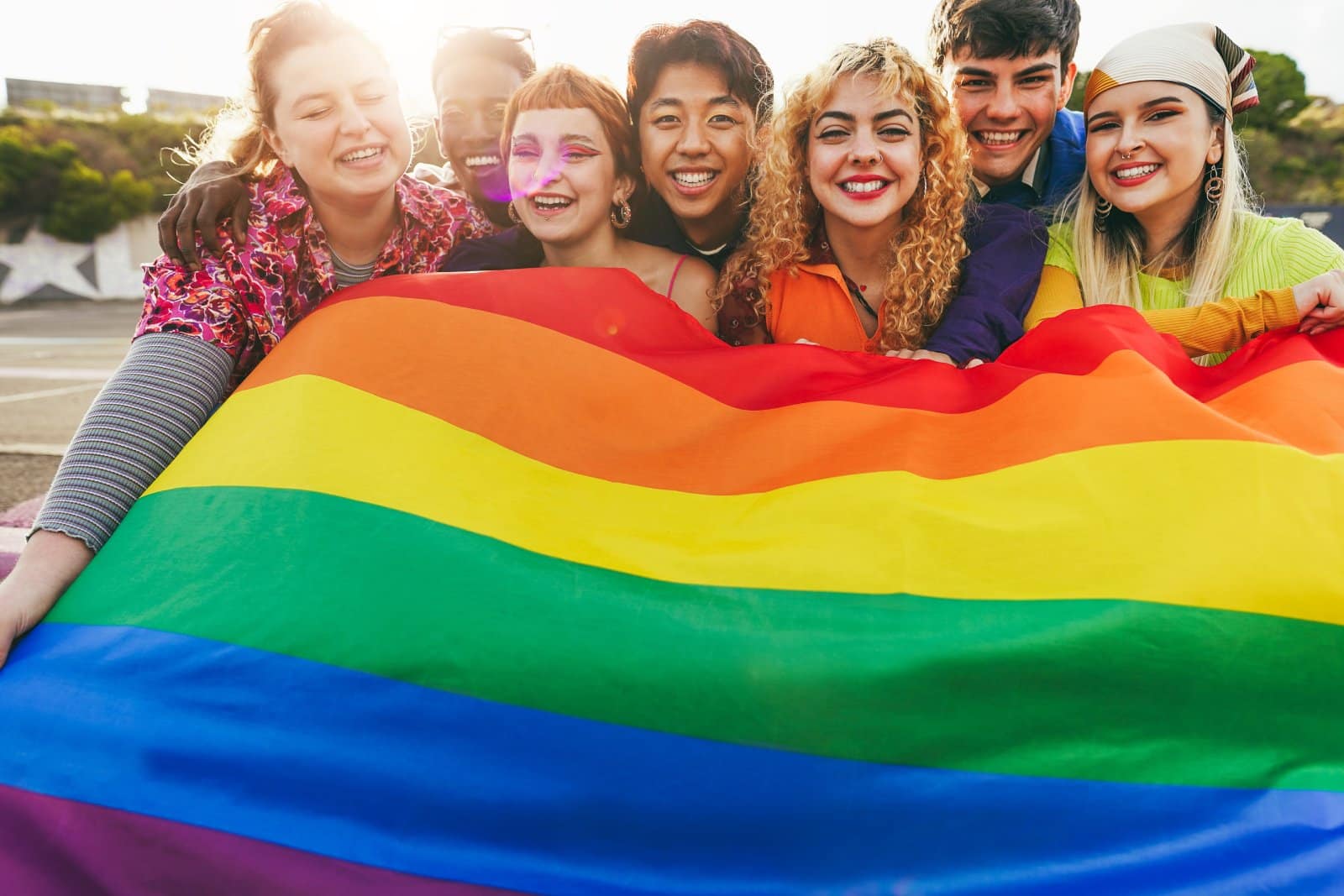
An increasing number of young people are identifying as transgender or non-binary, signaling a shift towards greater recognition and understanding of gender diversity among the younger generations.
19. Mental Health Implications
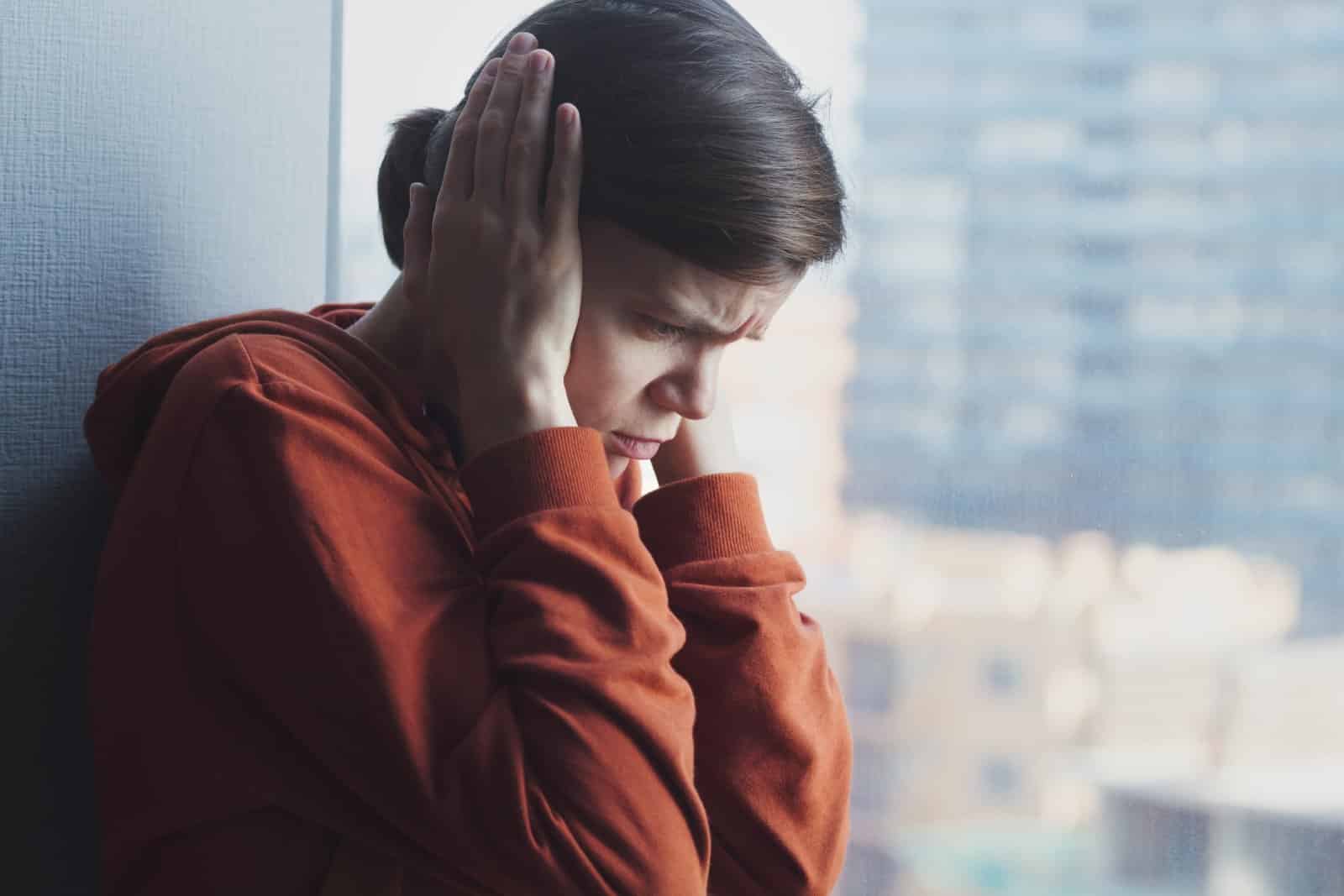
Transgender people are at a higher risk for certain mental health issues due to societal stigma and discrimination. Access to supportive mental health services is essential.
20. The Importance of Advocacy
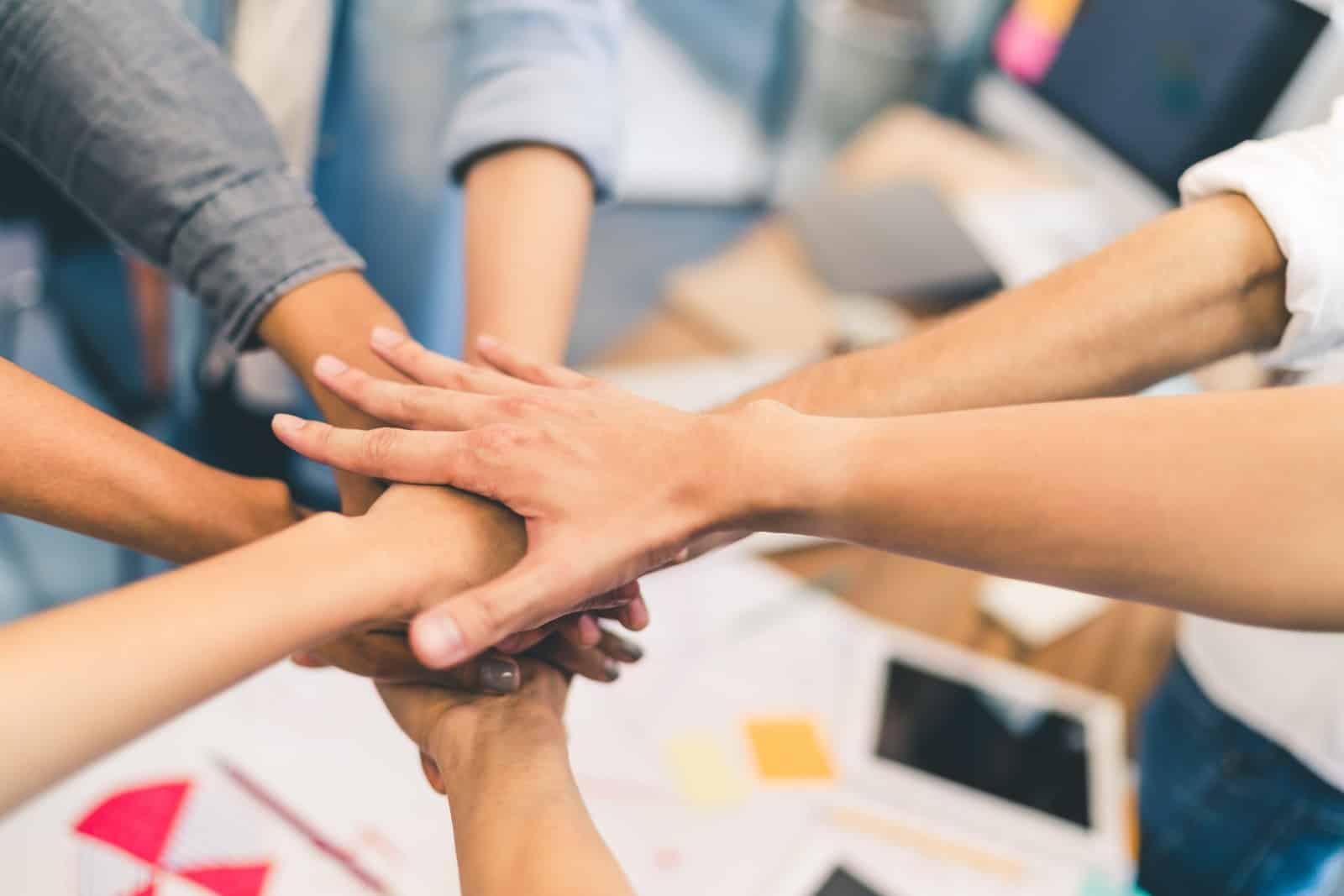
Ongoing advocacy is necessary to protect the rights and dignity of transgender and non-binary individuals, pushing for societal and legislative changes that recognize and respect gender diversity.
21. Community and Belonging
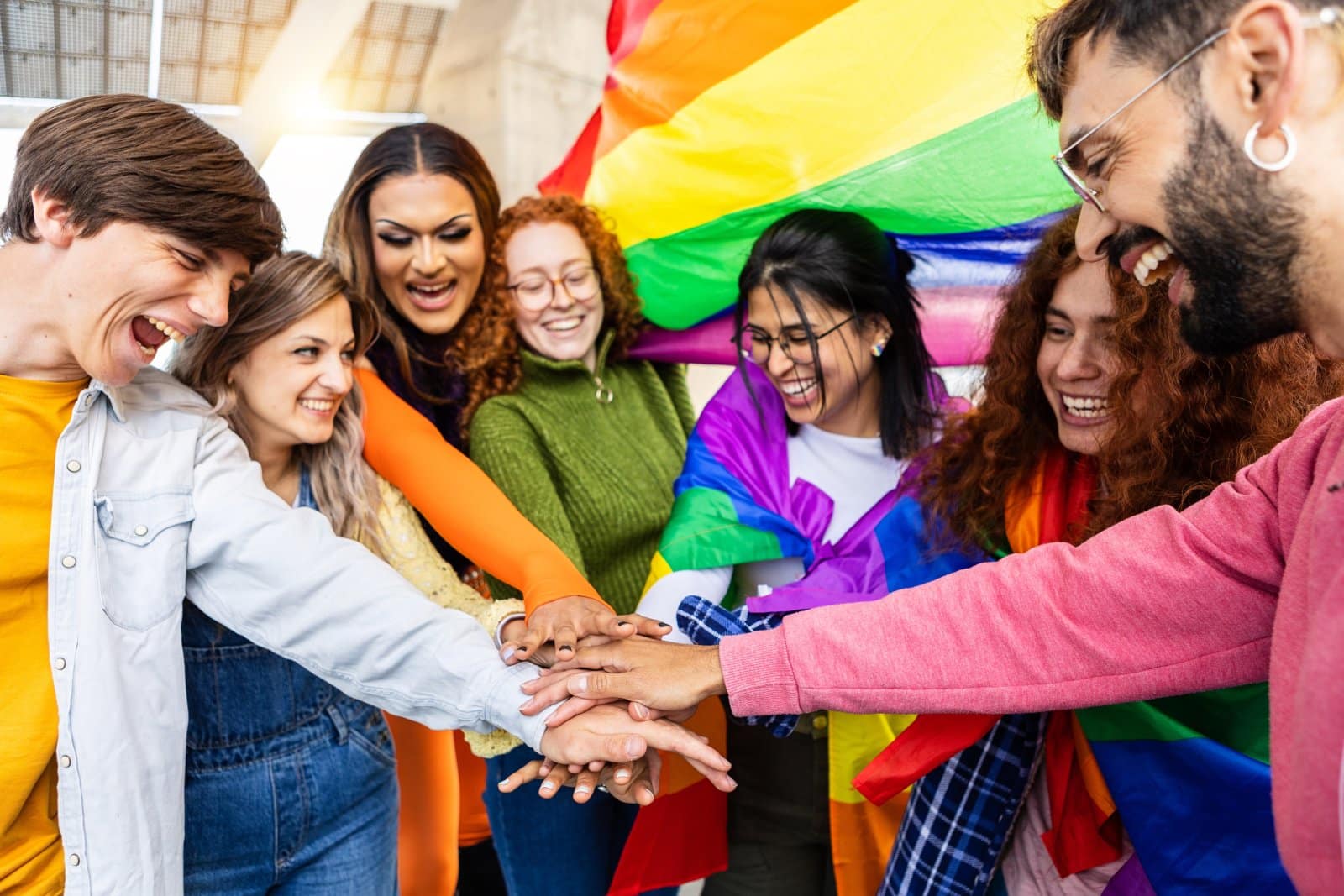
Finding or creating a community that supports and affirms diverse gender identities can provide a powerful sense of belonging and validation.
Celebrating Your True Self
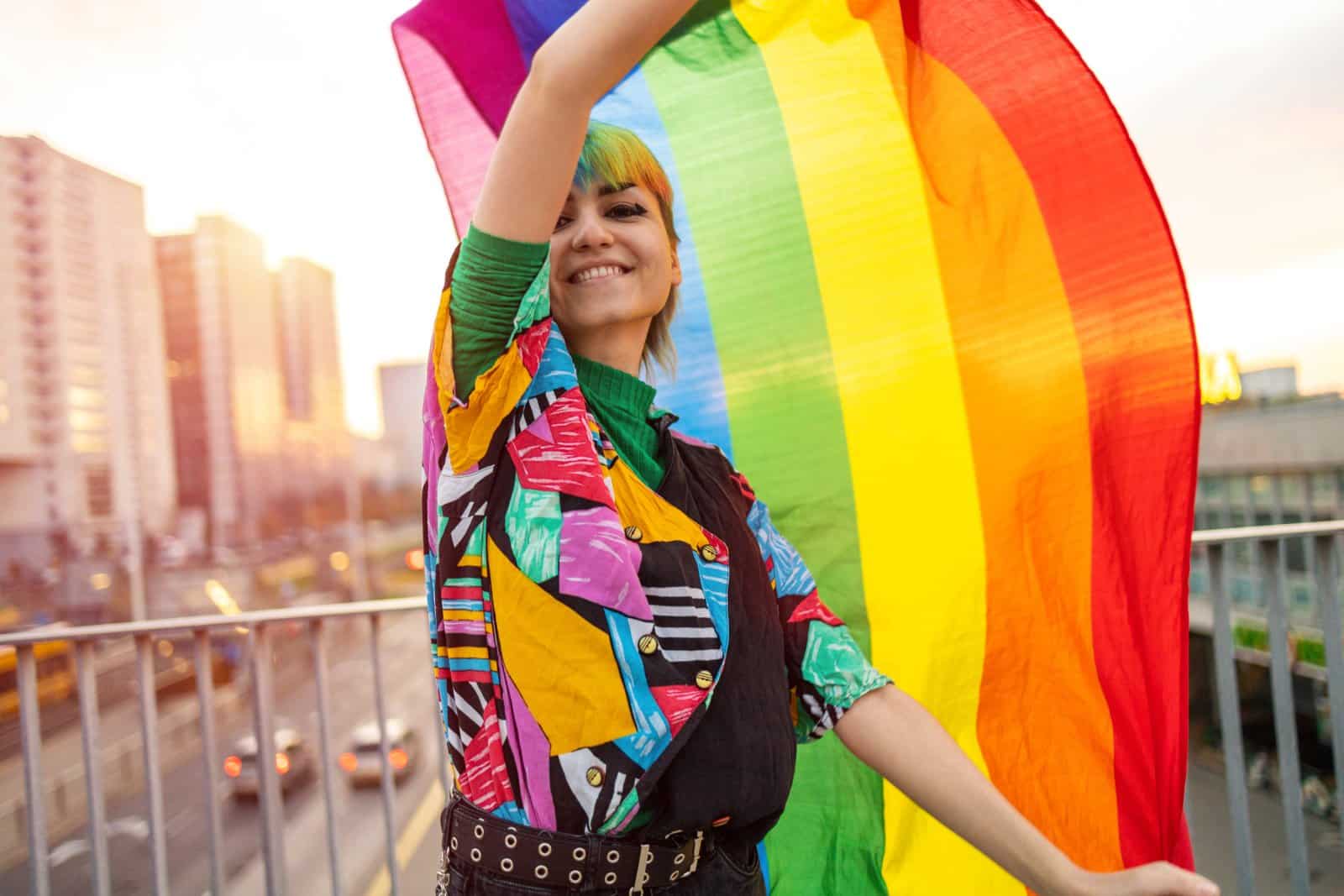
In a world that often tries to dictate who you should be, embracing your true gender identity is a profound act of self-love and defiance. Remember, your gender identity is valid, and you deserve to live freely and authentically. Let’s continue to support each other and advocate for a world where every gender expression is celebrated.
Featured Image Credit: Shutterstock / Ink Drop.
For transparency, this content was partly developed with AI assistance and carefully curated by an experienced editor to be informative and ensure accuracy.

